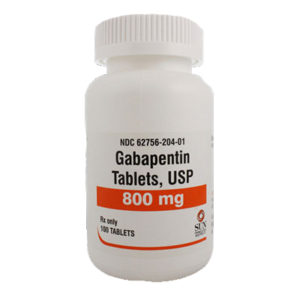Gabapentin treats epilepsy, and the right dosage of the same is supposed to give you relief from the symptoms of the same. This medication also helps in reducing nerve pain related to diabetes, nerve damage, and shingles. Some patients also use Gabapentin for the treatment of migraine-related pain. (Learn about the effects of using Gabapentin with caffeine)
What does Gabapentin do to your body?
The brain activity should have balance in general. But when there is abnormal activity in the brain, there would be some excitement too. At such times Gabapentin is considered an important medium to treat the problem. Gabapentin belongs to the medication class anticonvulsants, and it helps in controlling seizures.
Understanding the effects of gabapentin with caffeine
As per the studies, as done over the mice, the effect of gabapentin with caffeine can negate the results of an anticonvulsant. This means that the medication effects can be reduced, which can bring down the effectiveness of treatment too. This means that patients suffering from epilepsy and seizures and who rely on gabapentin effects might see a reduction in impact if they use caffeine in their daily lives.

Does Gabapentin interact with other drugs?
When you buy gabapentin online, you will have to think about the effects one can have on taking the other medications. As per the studies, the drug interactions of gabapentin are relatively mild. But if this medication is taken with tramadol and metamizole, which are painkillers, then the effect of gabapentin will reduce. The same holds when this medication is taken with caffeine.
How is gabapentin used?
Gabapentin is supposed to be used for nerve pain, but the misuse of the same is reported. The use of this opioid without the doctor’s prescription and dosage guidelines can create issues. The medication effects on people taking the same can be different depending upon the way it is taken. Taking an overdose of this medication can be risky as it can cause dizziness, toxicity, suicidal behavior, asthenia, etc., in a person. Some medicines that should not be taken or taken with a doctor’s guidance include sevelamer, morphine, cimetidine, etc.
